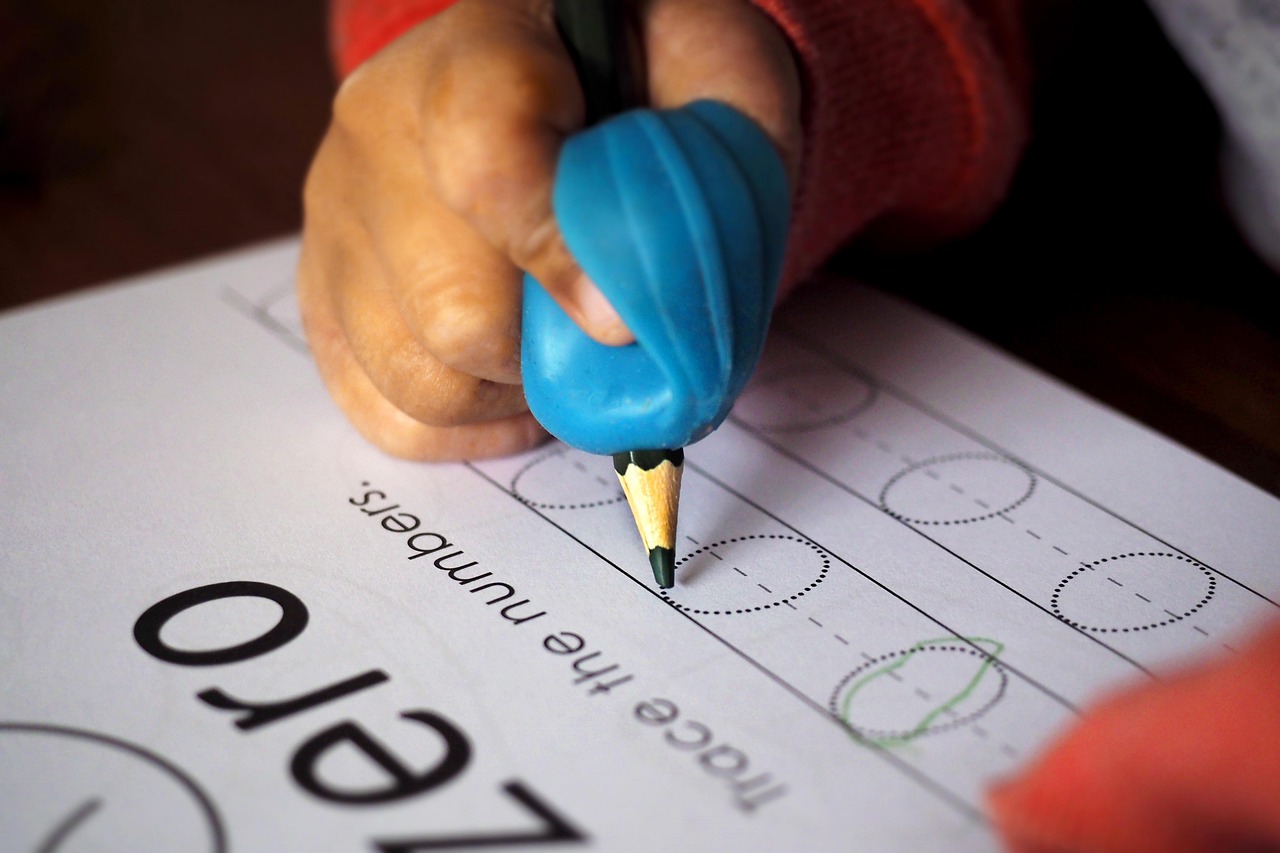Gifted Children and the Difficulties They Face
At first glance, it seems as though gifted children have it easy. However, the truth is gifted children have a burden to bear – the burden of being an outsider. Oftentimes, gifted children are social outcasts simply because they think differently, do not succumb to peer pressure, and excel where others fail. Some gifted children simply cannot stop thinking long enough to get a restful night’s sleep. If you know or suspect you are the parent of a gifted child, pay close attention to your little one’s sleep habits.
Recognize the Importance of Sleep for Your Gifted Youngster
If your little one cannot sleep, they will question the point of being awake. A restless night of attempting to sleep essentially sabotages your youngster’s chances of reaching his or her true potential both in the classroom and as a person. If your gifted child struggles to sleep, you and your child should know this is a common problem.
A quick and sharp mind has the potential to continue processing information deep into the night, cutting into time that should be spent sleeping rather than performing critical thinking.
Your child’s lack of sleep may result in lower grades than he or she should have achieved as well as unnecessary mood swings.
Correct Your Child’s Sleeping Problems
It is important that you directly address your gifted child’s sleeping problem. If your little one is not getting at least 7 to 8 hours of sleep on a nightly basis, directly broach the subject. Ask your child what he or she is thinking about late at night when attempting to sleep. If your child is deep in thought during these hours, encourage him or her to clear those complex thoughts from their mind, instead envision a completely white space, counting sheep, or focusing on what they love about life.
These peaceful and/or repetitive thoughts induce sleep, while comparably deep thoughts prevent sleep.
Above all, your gifted youngster must refrain from using his or her smartphone, video game console, computer, or other electronic devices in the hours leading up to sleep. If your child finds it difficult to segue to sleep from other activities, encourage him or her to read a book in bed until drifting into a restful sleep. It will also help to use blackout shades that keep the light out of the room.
Mind Your Noise!
Some gifted children are highly sensitive to sound. Your little one might be plagued by the noise disorder known as misophonia.
If your gifted child is sensitive to noise, encourage him or her to run a fan at night to drown out the noise you, your significant other, and siblings make. After all, it merely takes old steps heading upstairs to generate enough noise to disrupt sleep. If a fan does not drown out the noise, consider adding a white noise machine to your child’s room.
Do not stop suggesting solutions until your child makes progress in the battle for a restful night’s sleep. Once your gifted youngster is properly rested, they will feel significantly better and perform up to his/her potential in the classroom.








